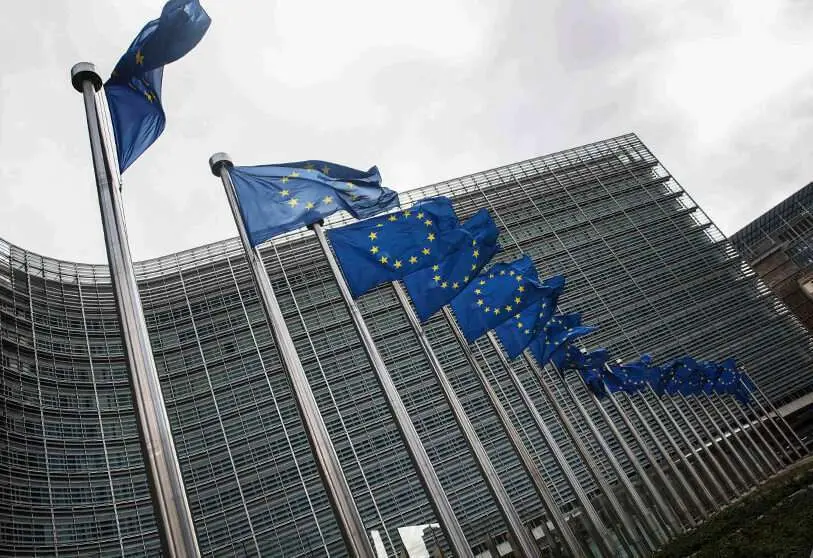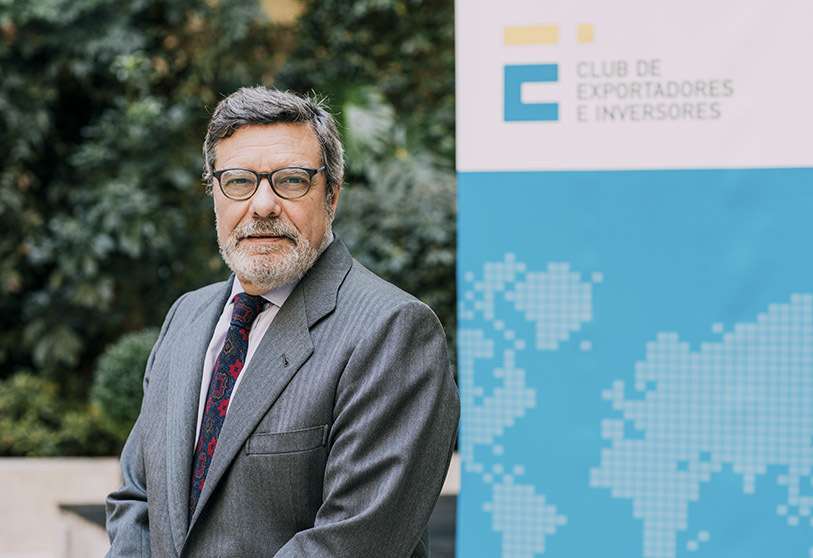Exporters' Club recommends improving European laws to cope with US sanctions

The Spanish Exporters and Investors Club, through a technical note approved by its Reflection Committee on Internationalisation, recommends to the European Union institutions and in particular to the European Council and the political forces that make up the European Parliament to review and update the EU Blocking Statute, the legal tool available to the 27 member countries to protect their companies from the extraterritorial effects of US sanctions.
In order to protect European operators from the extraterritorial effects of US sanctions, the European Union adopted a Blocking Statute in 1996, approved by Council Regulation (EC) 2271/96, which over time has shown significant shortcomings.
Indeed, the Exporters' Club points out that the current context of pandemic international mobility and trade restrictions has highlighted the increasingly complex multi-jurisdictional regulatory and compliance landscape, which makes global trade and investment more difficult and complex.
In order to strengthen the weaknesses of this legal tool and provide it with the means to act effectively in practice, the authors of the Reflection Committee's technical note, led by trade and international law expert José María Viñals, recommend the creation of a Supervisory Body to review compliance with the Statute. Its task would be to investigate potential breaches, define doctrinal criteria of interpretation and clarify the specific application in the different factual scenarios.
They also suggest a better delimitation of prohibited conduct in order to avoid ambiguity. In this regard, they consider it necessary to specifically define the acts and conduct that could violate the Statute in order to provide legal certainty to EU operators subject to it, and to create a consultation channel to resolve potential conflicts of interpretation in an expeditious manner.
Another of the recommendations involves adopting new technologies, such as the digital euro, stablecoins or blockchain, so that they can act as bridges in a blockade situation and counteract the predominance of the US dollar in international trade.
In this context, the analysis also highlights the importance of judicial cooperation between member states when implementing precautionary measures that provide prior protection to operators in the face of extraterritorial regulation or, specifically, the Helms-Burton Act.
Finally, the Reflection Committee on Internationalisation considers it necessary to act on economic diplomacy in order to strengthen the EU's position in international legal cooperation. The aim is to ensure that EU judgements are recognised in territories that have treaties with the EU, but not with the US, and to be able to enter into diplomatic negotiations with the US authorities in order to obtain the possibility for non-US Persons (operators not subject to US jurisdiction) to access special licences.

The Spanish Exporters and Investors Club is a multi-sectoral business association whose objective is to represent and defend the interests of Spanish companies with international activity. The worldwide turnover of the Club's members is equivalent to 20% of Spain's GDP. They have around 800,000 employees and their investments abroad represent 40% of Spanish investment stock abroad.








